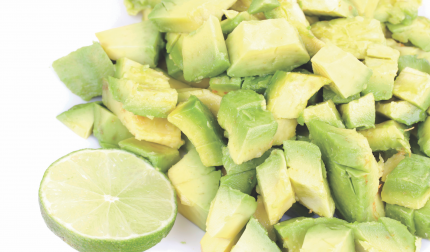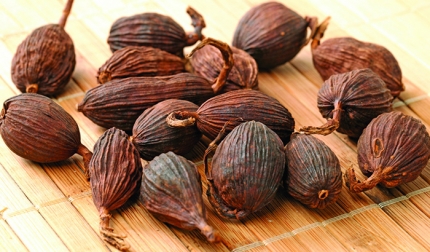Some of the athletes I work with burn in excess of 1,000 calories an hour, so they may be inclined to overeat candy and baked goods, thinking, “Hey, I can afford the calories.” The truth is more than anyone athletes should curb excess sugar consumption to avoid its unwanted side effects. In addition to being devoid of nutrients, high amounts can trigger a cascade of reactions in your body that may impede athletic performance, interfere with recovery, and accelerate aging. Here’s what you need to know, and why it may be time for a sugar detox:
Sugar Exacerbates Inflammation
Stubbing your toe is a classic example of inflammation. The throbbing pain is accompanied by swelling and an immune system response, which helps promote healing. But we now know that that silent inflammation also occurs at the cellular level, a condition that triggers a slew of unwanted health risks, including premature aging and DNA damage. The sugar connection? A recent Swiss study indicates that sugar may fuel the flames. Researchers found that when young, healthy, normal weight men consumed just 20 ounces of sugar-sweetened drinks daily over a three-week period, they experienced a spike in blood markers for inflammation.
Sugar Weakens Immunity
For an athlete a strong immune system is critical for exercise recovery, healing, and preventing illness, and research shows that avoiding too much sugar may boost your body’s natural defenses. A classic study published in The American Journal of Clinical Nutrition found that excess sugar suppressed immune system cells responsible for attacking bacteria. When researchers fed a sugar solution equivalent to two 12-ounce cans of soda to volunteers, the ability of their white blood cells to destroy bacteria was reduced, an effect that lasted for at least a few hours.
Sugar Triggers Premature Aging
When Dutch researchers asked volunteers to guess the ages of over 600 subjects based on photographs, they found that those with higher blood sugar levels were perceived to be older, by almost half a year per one increment increase in blood sugar level. This may be because of the connection between sugar and a dietary substance called advanced glycation end products or AGEs. AGEs form when food is cooked, especially at high temperatures with dry heat, including baking, broiling, grilling and roasting. AGEs react with proteins in cells to form substances that reduce skin elasticity and interfere with cell function. While your body excretes about one third of absorbed AGEs within three days of ingestion, having a high blood sugar level reduces your body’s ability to eliminate these compounds, which means surplussugar may accelerate AGEs impact on aging.
Sugar Impacts Circulation
British researchers discovered that for every additional sugar-sweetened beverage consumed daily, study participants experienced significantly higher blood pressure readings. Scientists say one possible reason is that a higher sugar intake raises levels of uric acid in the blood, which in turn lowers nitric oxide, a substance that keeps blood vessels dilated and opens up circulation.
Sugar Influences Brain Function
Using mice that develop Alzheimer’s-like symptoms in adulthood, scientists looked at the impact of diets with and without sugar. Over a 25-week period one group of mice was fed a regular, balanced diet, and another group the same diet with sugar water. The sugar-fed mice gained 17 percent more weight, developed insulin resistance, had higher cholesterol levels, and performed worse on tests involving learning and memory retention. In addition, their brains contained over twice as much amyloid plaque deposits, the calling card of Alzheimer’s disease.
Bottom line: a little sugar is OK, but don’t oversimplify nutrition to a calories in, calories out equation. According to the American Heart Association the target for addedsugar (the kind not imparted by Mother Nature, like the sugar in fruit) in both foods and beverages combined, is no more than six level teaspoons daily for women and nine for men. To cut back reach for water rather than soda, incorporate fruit into snacks and desserts in place of processed sweets, and limit sweet splurges to those that are truly worthwhile.
Cynthia Sass, author of S.A.S.S.! Yourself Slim; Conquer Cravings, Drop Pounds, and Lose Inches, is a nutritionist, Board Certified as a Specialist in Sports Dietetics. She is the nutrition consultant to the New York Rangers and Tampa Bay Rays and works with professional athletes in numerous sports. She can be reached via cynthiasass.com.





